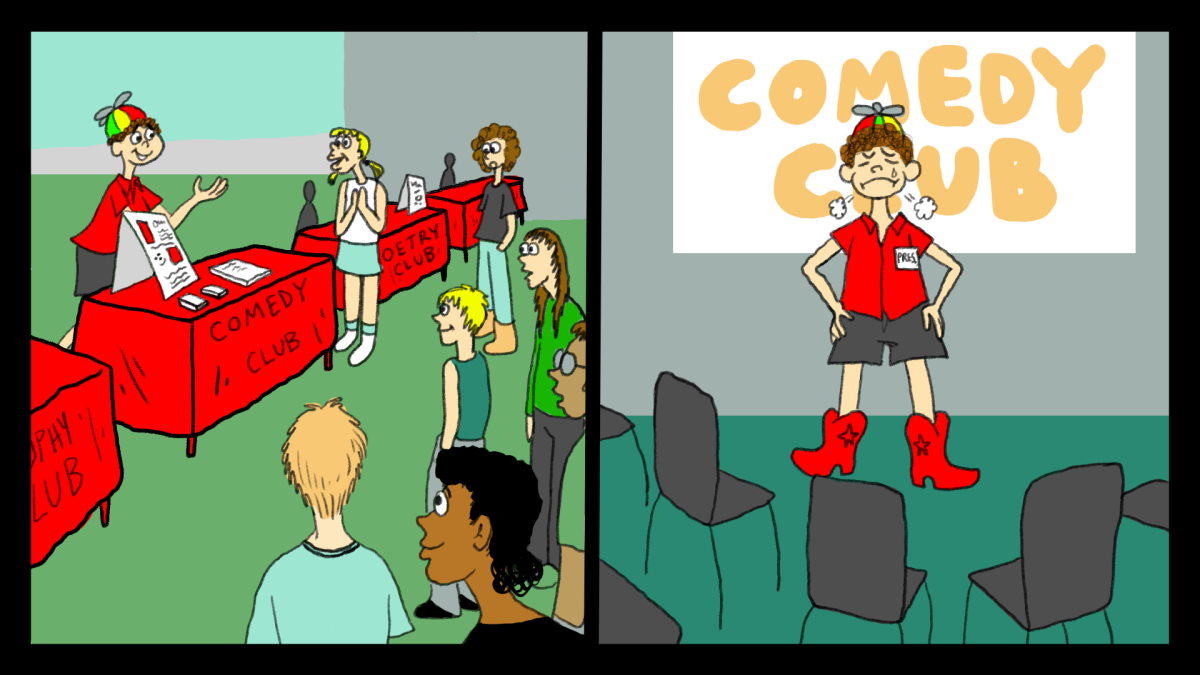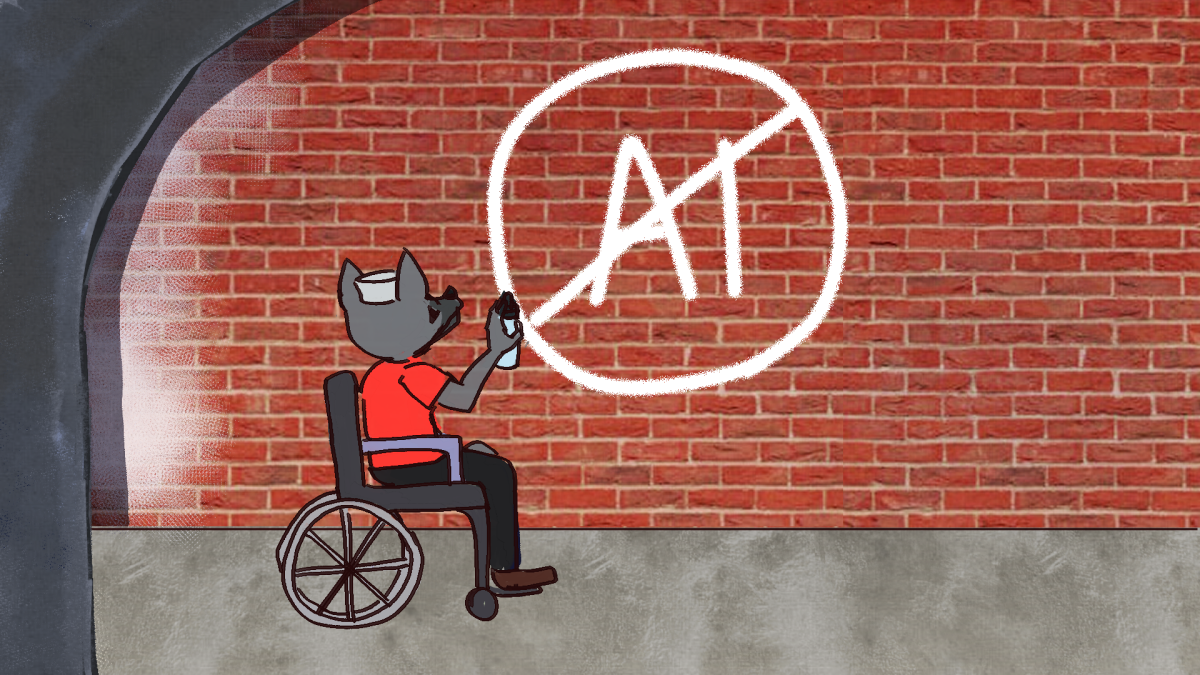TW: This article mentions instances of physical violence, racism, sexual assault and death.
It is no surprise how, across the U.S., Greek life has caused mass controversy in its centuries of existence. With the #AbolishGreekLife movement that exploded last semester and continues to gain popularity, one reason Greek life is so controversial is because of the hazing practices fraternities and sororities often engage in. Even though some Greek organizations act as if hazing is just a part of the tradition, arguing how “everyone goes through it,” hazing is utterly traumatizing and disgusting. It is time hazing is completely fazed out of Greek culture.
NC State’s Greek life is far from immune to hazing culture as well. A quick Google search for “NCSU hazing incidents” will give you several incidents where NC State fraternity brothers were found engaging in hazing or other inexcusable behavior. The most recent occurrence reported was in 2015, when Pi Kappa Phi was disbanded and under review for a pledge book that detailed racially and sexually charged comments. This pledge book reportedly contained comments like, “if she’s hot enough, she doesn’t need a pulse” and “that tree is so perfect for lynching.”
The News & Observer also mentioned in this article that many other fraternities at NC State were either suspended, dissolved or both. All of them had alcohol violations, hazing incidents and more. Some of these fraternities have been allowed to come back after rebranding themselves and promising to change. If I’m honest, do these fraternities really ever change?
According to USA Today, every year for the last 20 years, at least one young man has died due to hazing. Even though fraternities promise these practices don’t define them, it is hard to ignore how many of these incidents are swept under the rug and just seen as “what it takes to be a part of it”.
This is not to say sororities are a safe haven either. Many young women have been hazed as violently as fraternity pledges as well, and others have suffered tragic deaths. An article from Bustle details gruesome hazing incidents from sororities all over the U.S. These incidents were difficult for me to read, and it is very disheartening to know there are so many hazing incidents that frighten me about Greek life.
I know we have not been in-person for classes in a while, but that doesn’t mean Greek life ever stopped its recruitment or its dangerous hazing practices. I should say hazing isn’t just the violent acts depicted in Hollywood, in films like “Burning Sands” or “Goat.” According to Hazing Prevention, hazing is any action or situation that causes embarrassment, harassment or ridicule and risks emotional and/or physical harm to members of a group or team. Hazing can include being forced to consume alcohol, being physically abused, being forced to do tasks that are meant to break someone down and more. All of these tasks culminate to break pledges down to the point of no return and as they get selected to be a part of the fraternity or sorority, they partake in the same hazing of new members, and thus the cycle continues.
Before I started here at NC State, I, like many other students, had to complete a course on alcohol use and hazing prevention. NC State even held a hazing prevention week, which discussed many different topics and highlighted the importance of putting a stop to hazing. Many universities across the country also participated in this hazing prevention week, which was started due to the tragic passing of Timothy Piazza, a fraternity pledge at Penn State University who was killed due to hazing from his fraternity and irresponsible frat brothers. The Atlantic remarks that though parents will try to sue fraternities for the loss of their loved ones, many fraternities are never held accountable for their actions.
I am saddened by the many individuals who have suffered and even been killed by hazing all across the U.S. It is not enough to be reactive to the issue of hazing in Greek life. NC State and Chancellor Randy Woodson, I am calling on you to be reactive to these issues that persist in Greek life on your campus.








